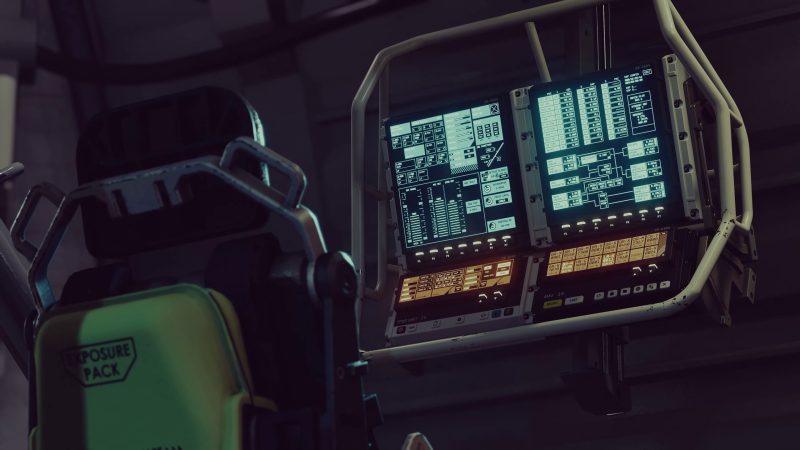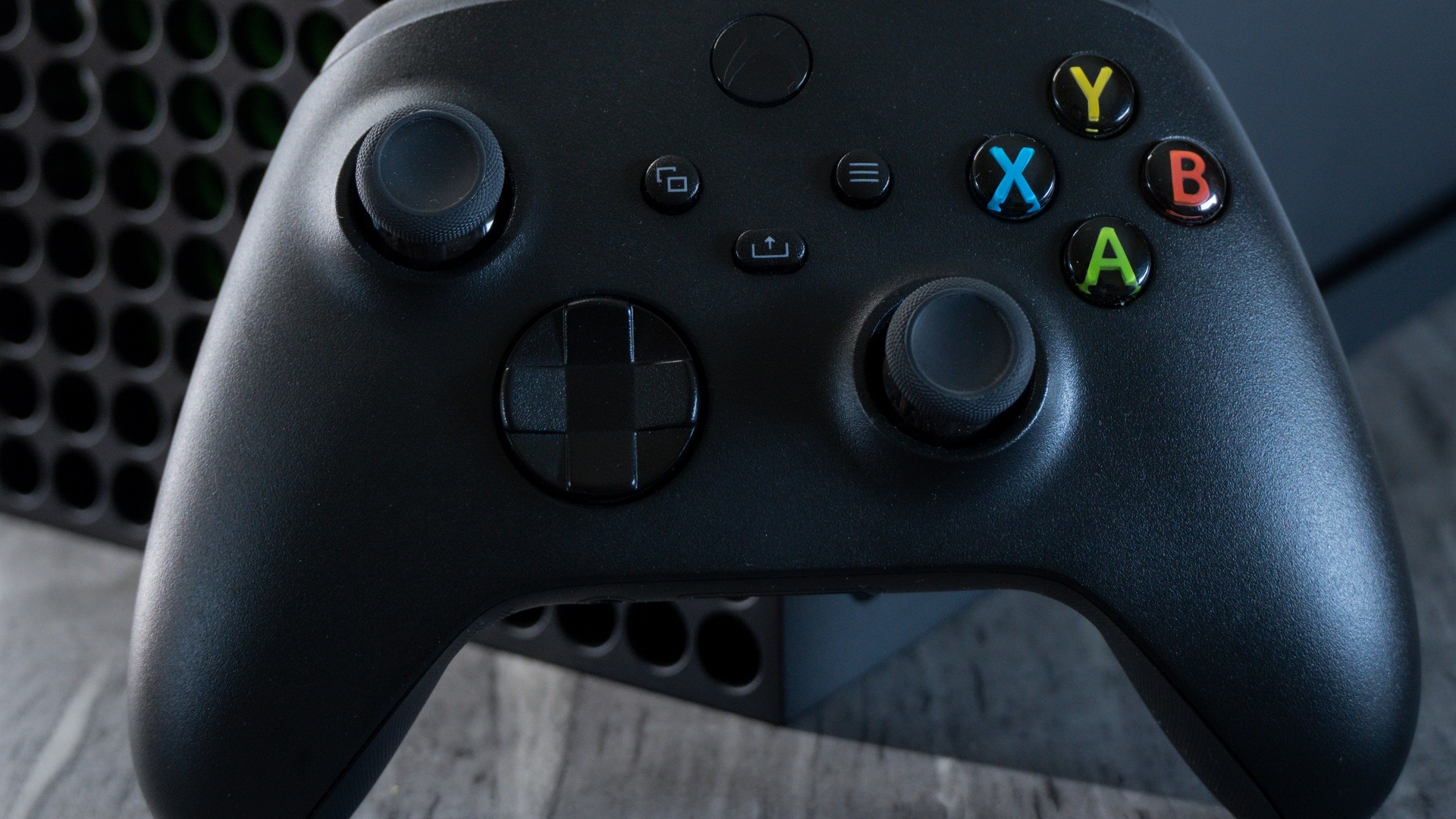With the pace of technological advancements in the gaming industry, it comes as no surprise that companies are always looking for ways to refine their products and remain ahead of the curve. Case in point, a discless version of the Xbox Series X.
Technically, Microsoft already has a digital-only console - the Xbox Series S. However, amidst all the criticism it's getting, we're hearing reports that Microsoft is looking to digitize its bulkier and more powerful brother.
The source of this rapidly circulating rumor was none other than Shpeshal Nick, the face behind the XboxEra Podcast. Nick hinted that Microsoft has been contemplating a digital-only iteration of their flagship Xbox Series X. This news was corroborated by messages from independent sources, further fueling the speculation. If the rumor mill is to be believed, the digital-only Xbox Series X is slated for a 2025 release, along with other unspecified hardware.
Looking at the broader landscape, both the Xbox Series X and PlayStation 5 are celebrating their third year in the video game industry later this year. Still, official announcements about their mid-generation upgrades have been missing. The secrecy has inevitably led to a cascade of rumors. The most potent of which suggests a mid-generation refresh, similar to Sony's rumored detachable disc drive feature for the PlayStation 5. This potential evolution reflects a larger trend, a possibility that the next-gen consoles, anticipated for a 2028 release, might eschew disc drives entirely.


